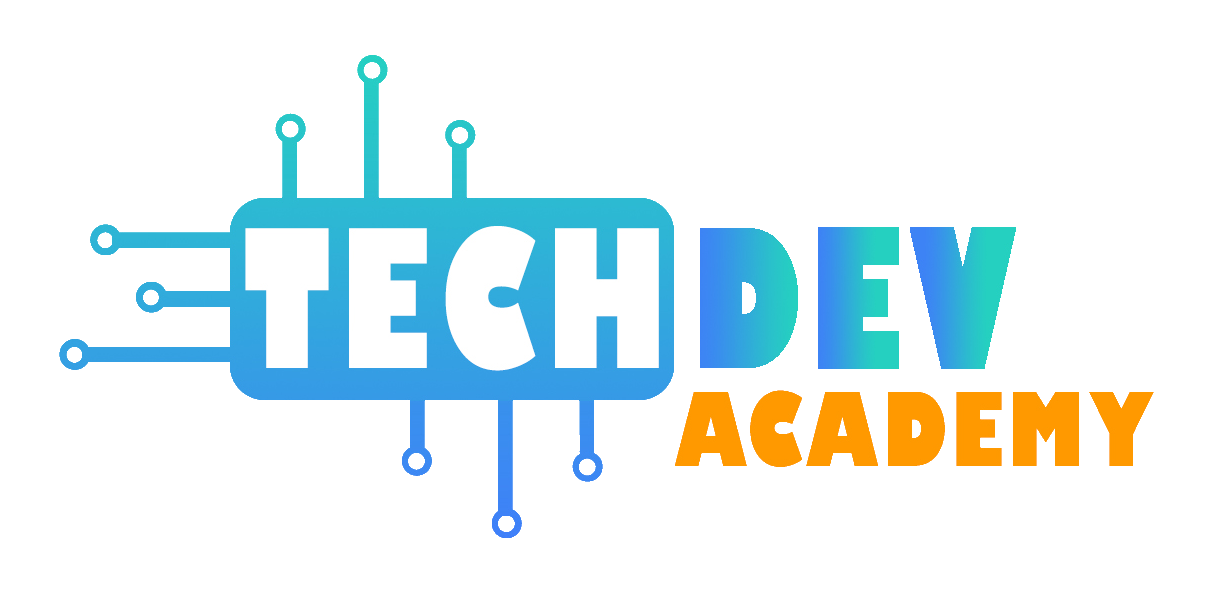Taking a Gap Year After High School: Pros and Cons
Taking a gap year after high school can be appealing for students looking to relax and explore new opportunities. To make an informed choice, it is crucial to carefully weigh the advantages and disadvantages of each alternative before deciding. In order to help you decide between the two possibilities, our blog will inform you and offer advice.
It’s worth noting that some countries actively encourage students to take a gap year after high school before starting college or university. Did you know that even Malia Obama, the daughter of former US President Barack Obama, took a year off before starting at Harvard? This trend is gaining popularity, as more students recognize the benefits of taking a break from academic pursuits to gain new experiences and develop important life skills.
Gap Year Benefits
The idea of taking a gap year before college has gained significant traction in recent years. More and more students are recognizing the benefits of stepping away from their educational journey for a brief period to explore new experiences and develop essential life skills. Here, we will talk about some advantages of taking a gap year.
Increased Maturity and Independence: Gap years offer students the chance to grow independently and mature, which is especially valuable for those needing more life experience before college. This period allows them to make decisions, face challenges, and develop resilience, all of which contribute to a more well-rounded individual.
Better Academic Performance: When returning to college after a gap year, many students say their grades have improved. After having taken this time away, they feel motivated and refreshed which in turn leads to improved study habits and grades in general.
Career Development: The gap years are an ideal time to explore potential career options through volunteering, internships, and work experience. This can be highly beneficial in your professional life later on.
Additionally, if your goal is to become a business owner, a gap year after high school can be used to gain entrepreneurship skills and find your business niche. You can use this time to research and develop a business plan, network with industry professionals, and gain valuable experience through internships or starting your own small business.
Cultural Immersion: Gap years offer you the unique chance to travel the world and experience different cultures first-hand, giving you a fresh perspective on other people’s lives. Furthermore, mastering a foreign language has never been more necessary in today’s global job market!
You will feel less stressed: High school can be a very trying time. Gap years offer you an opportunity to step away from high school’s academic and social demands, helping reduce academic fatigue and prevent burnout.
Enhance Your Mental Health: Taking a gap from studies can be beneficial in improving your mental health. Use the time off work to address personal matters and develop strategies for managing stress and anxiety more effectively.
Taking a gap year after high school can offer invaluable opportunities for personal growth, career advancement, and new experiences. There are even some gap year programs that offer structured experiences such as volunteering, internships, or language immersion programs that can help individuals gain valuable skills and experiences that can enhance their future career and academic prospects.
Cons of Taking a Gap Year

While taking a gap year after high school might have numerous benefits, it is important to evaluate the possible disadvantages before making such a significant choice. In this part, we will look at some of the disadvantages of taking a gap year.
Reducing Academic and Career Progress: Delaying college enrollment or entering the workforce may cause you to miss out on significant milestones in both your academic and professional pursuits.
Loss of Intellectual Momentum: Taking a break from work or school can be enticing, but it can also result in a loss of intellectual momentum, which makes it more challenging to resume regular study.
According to the High School Benchmarks study from the National Student Clearinghouse Research Center, the majority of students who took a gap year in 2020 did not enroll in colleges and institutions in 2021. However, it is worth noting that this data was collected during a particularly challenging time due to the COVID-19 pandemic.
On the other hand, a study from 2017 indicated that 90% of students returned to college within a year, which shows that taking a gap year can be successful if done with careful planning and consideration.
Financial Implications: Time off can have financial repercussions, such as decreased income or an increase in expenses.
Social Isolation: Students may experience social isolation if they are unable to form friendships during their gap year.
Lack of Motivation: You may find it difficult to stay motivated and focused if you don’t know exactly what you want to do with your gap year.
Factors to Consider When Deciding Whether to Take a Gap Year
When deciding whether or not to take a gap year, there are numerous elements to take into account.


Finances: Taking a gap year after high school can be expensive, particularly if you plan to travel or take part in fee-based programs. To ensure that you can finance your break, decide how you’ll pay for it and create a budget.
Education: If you’re thinking about attending college, consider how a gap year can affect your education. Will it allow you to maintain the necessary skills and meet deadlines for college applications?
Career Goals: Consider how a gap year could benefit your career objectives. It could provide invaluable work experience or delay entry into the workforce.
Support: It’s crucial to have family and friends’ support before taking a gap year. If you’re facing resistance or skepticism from your loved ones, take the time to explain your goals and motivations to gain their support and encouragement. With the right mindset and support, a gap year can be a valuable experience for personal growth and development.
Personal Growth: A gap year offers you an amazing chance to explore yourself personally and discover yourself. You must evaluate how this period will shape your development as it could have a major impact on future goals.
A Return Plan: Once your gap year is over, it’s essential to have a strategy in place for when it ends. Consider returning to school or work and how the skills and experience acquired during that period can be applied in future endeavors.
Conclusion
A gap year can be an incredible life-altering opportunity. Students have the unique chance to explore, grow and develop outside traditional educational boundaries. Consider all the advantages and disadvantages carefully before making such a major choice.
Personal factors like your goals and financial situation, as well as your mental health, should also be taken into account.. Ultimately, take responsibility for yourself by planning thoughtfully around individual circumstances and objectives; with careful thought comes a great reward for everyone involved!






























